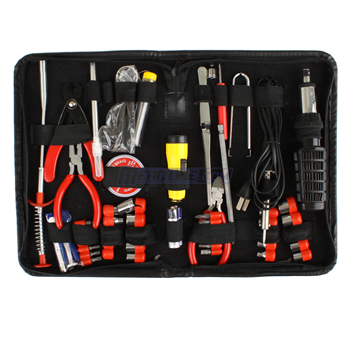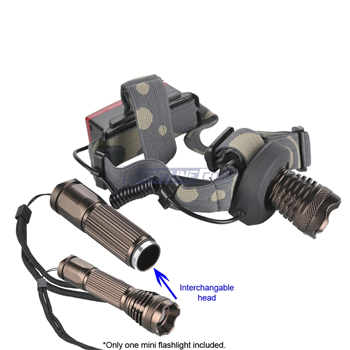
A virus is something that can make your computer unsafe to use. It can also make things difficult to load, cause your PC to crash completely, and all around is not good to have on there. You’ll want to have a little bit of knowledge if you are using a computer of any kind on how to deal with getting rid of viruses and to keep them gone. Then you will be able to use the Internet and your other applications without having to deal with problems that could make your time very difficult to say the least.
Until you have scanned your PC for a virus, even if you’ve only used it a few times, you shouldn’t be doing things like banking on it. Just a simple ad on the Internet could have been clicked on or an image downloaded that had a virus in it. That means anything you are doing may be monitored, even if there’s a slim chance of this happening to you. There exist many types of viruses that don’t do much but watch over what is being done so later on that information can be used for nefarious purposes.
If you have any popups on your computer that say to download this or that to care for a virus, or to enter payment details, people are trying to steal from you probably. A lot of virus creators are very crafty and can try to socially engineer you. You may even get a phone call or something of that nature telling you to do something like check this website or enter this password, and that is something you must avoid. Anything that has to do with giving away your details on anything related to private information needs to not be dealt with.
To get good anti virus software, try to look up free antivirus programs. However, you should probably be wary of any results on search engine websites that are ad based since they may not be the best programs or won’t work on all viruses. Try to learn about virus protection that is free through tech news websites and those that do reviews on them that are trustworthy and have a lot of comments from users. Then you are more likely to get some software that is going to help instead of either miss viruses or be one in and of itself masquerading as a program that helps.
It may be best if you are not sure of how to help yourself get rid of viruses to contact a computer repair company in your area. Or, if you have a friend that is good with technology and computers, they may be able to hook you up with the best virus software possible. Do some research into the shops and people around your area that do this kind of work before making a final decision. Leave your computer in the hands of someone that does great work so you don’t have to keep taking it around and getting it fixed again and again.
After you get help with a virus scan and clean your computer out, you still want to keep up with running the software. Updates are released frequently, pretty much daily at this point since so many viruses are out there. Even if you got a virus or two with your scan, tomorrow you could find that there was another one on your computer that was just learned about. Good programs will alert you to any suspicious activity from files, and will also be simple to use to schedule additional scans.
A virus on your PC is going to have to be dealt with in the right manner or else it could cause you a lot of problems. If you use what you have read through in the text here, it won’t be as hard for you to get your computer back into working order. There are many programs that can help, and professionals are out there that can get you squared away too. Make sure you check on the computer of everyone at your place of business, in your home, or anywhere with computers you have access to.





